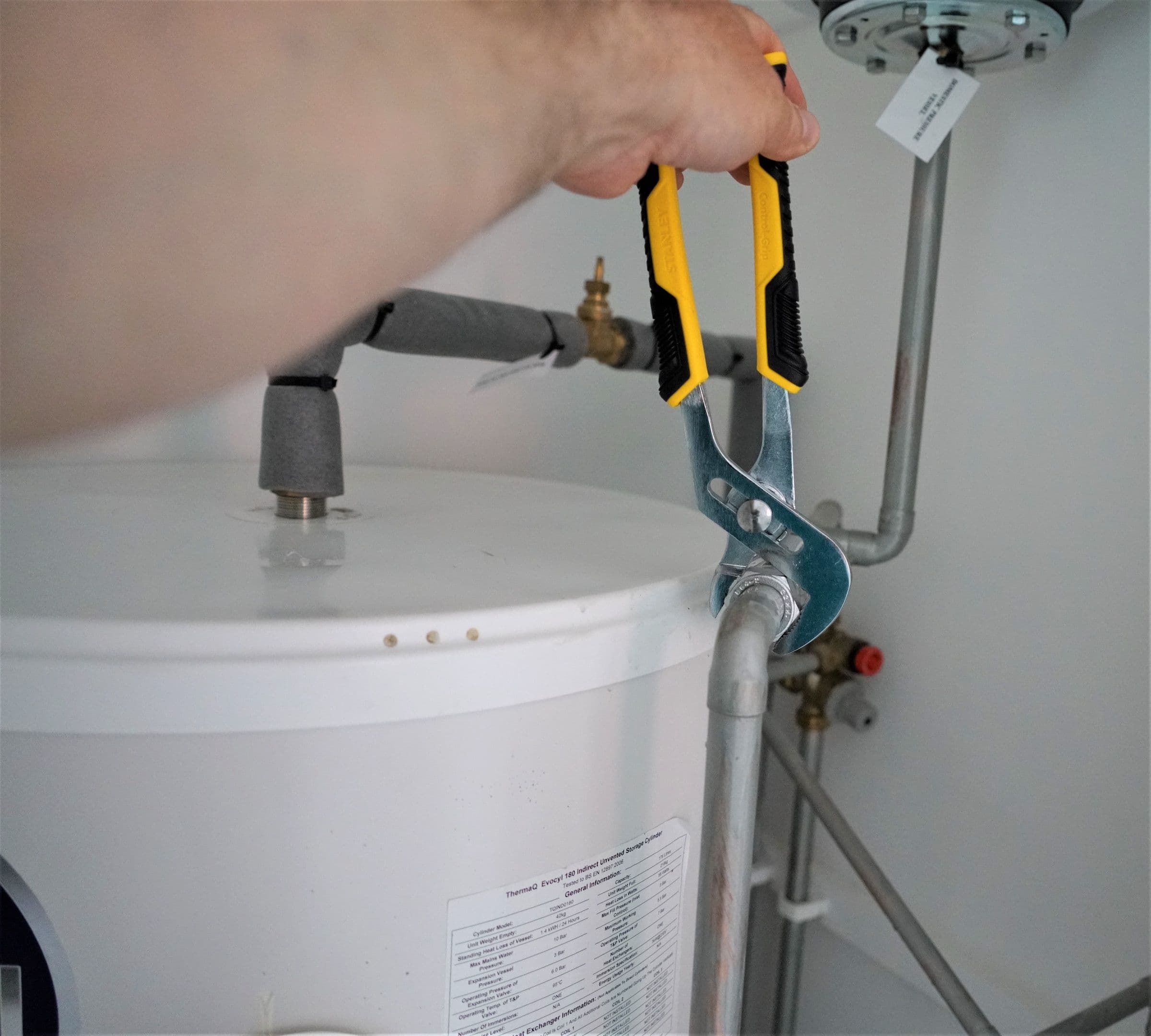Essential Plumbing Tips for Maintaining Your Home's System
Maintaining your home's plumbing system is essential for preventing costly repairs, water damage, and ensuring the efficiency of your water usage. In this article, we will share practical plumbing tips that can help you keep your home's plumbing system in top condition.
1. Inspect for Leaks Regularly
Regularly check your plumbing fixtures, such as faucets, showerheads, and toilets, for leaks. Small leaks can lead to water damage, mold growth, and increased water bills. Be on the lookout for signs of leaks, including:
- Dripping faucets
- Water stains on walls or ceilings
- Unexplained water usage increases
If you find a leak, repair it as soon as possible to prevent further damage.
2. Clean Your Drains
Clogged drains can cause water to back up and lead to damage or unpleasant odors. To prevent clogs, clean your drains regularly by:
- Using a drain strainer to catch debris
- Pouring hot water down the drain weekly to break down grease buildup
- Avoiding pouring grease, oil, or coffee grounds down the drain
If you have a clog, use a plunger or a drain snake to clear it. Avoid using chemical drain cleaners, as they can damage your pipes.
3. Maintain Your Water Heater
Your water heater is an essential component of your plumbing system. To keep it running efficiently, perform the following maintenance tasks:
- Flush the tank annually to remove sediment buildup
- Inspect the pressure relief valve for leaks or corrosion
- Check the anode rod and replace it if necessary
- Adjust the temperature setting to 120°F to prevent scalding and save energy
4. Protect Your Pipes from Freezing
Frozen pipes can burst and cause significant water damage. To prevent this, take the following precautions:
- Insulate exposed pipes in unheated areas
- Seal gaps and cracks in your home's exterior to prevent drafts
- Disconnect and drain outdoor hoses during winter months
- Keep your thermostat set at a consistent temperature, even when you're not home
5. Know the Location of Your Main Water Shut-off Valve
In case of a plumbing emergency, it's crucial to know where your main water shut-off valve is located. This valve allows you to shut off water to your entire home, preventing further damage in case of a leak or burst pipe. Familiarize yourself with its location and operation so you can act quickly in an emergency.
6. Schedule Professional Inspections
While regular DIY maintenance can go a long way in keeping your plumbing system in good condition, it's also essential to schedule professional inspections and maintenance. A licensed plumber can:
- Inspect your plumbing system for potential issues
- Perform routine maintenance tasks, such as cleaning your sewer line
- Repair or replace damaged components
By following these plumbing tips, you can help maintain your home's plumbing system and prevent costly repairs and damage. Remember to be proactive in your maintenance and not hesitate to call a professional plumber when needed.
